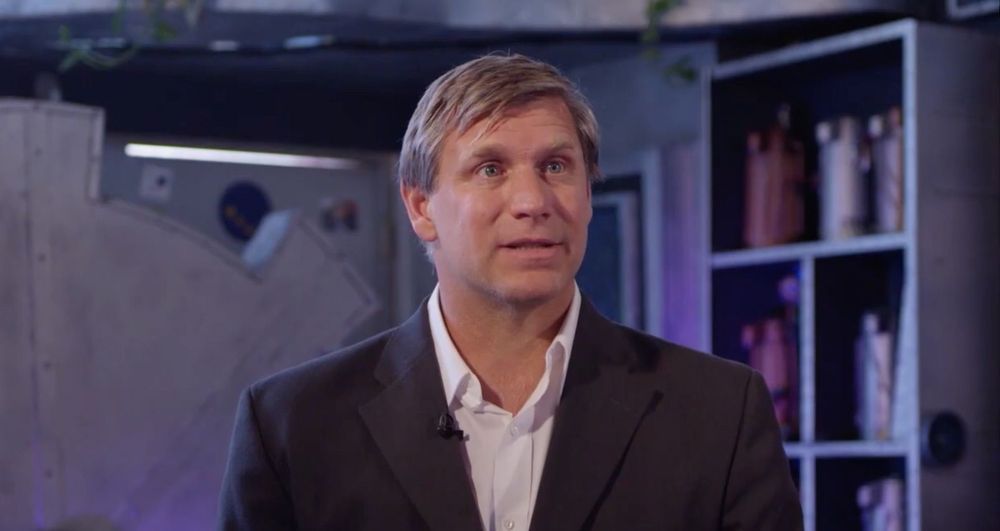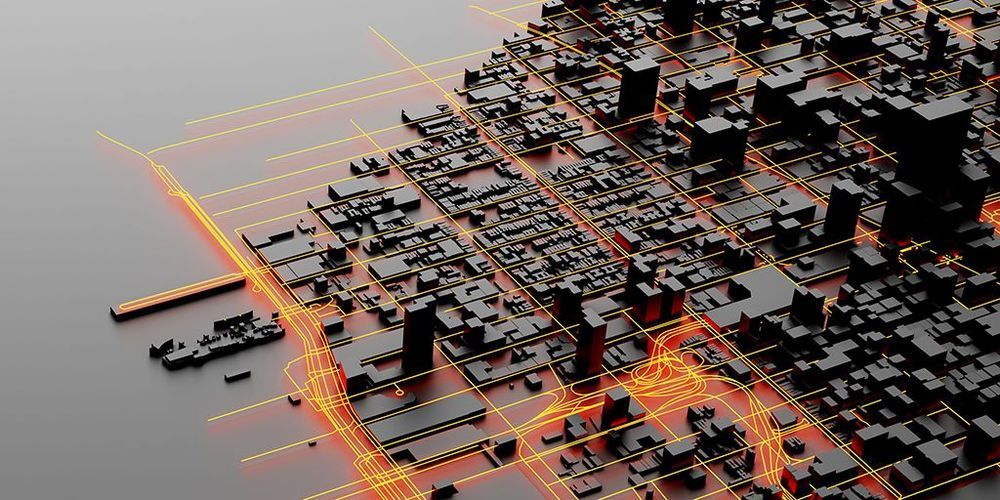Category: singularity – Page 68


Radical Environmentalism and Transhumanism: Symptoms of the Same Disease
A new story on my latest article from #transhumanism critic Wesley J. Smith:
Oh my. Two of contemporary society’s most prominent anti-human utopian movements — radical environmentalism and materialistic transhumanism — appear on the verge of a bitter showdown.
When you think about it, that makes sense. Both movements see themselves as the future’s only hope. But their core purposes are incompatible. Radical environmentalists — “nature rights” activists, deep ecologists, Gaia theorists, and their fellow travelers that elevate nature above humanity — hijacked and refashioned traditional environmentalism into a mystical neo-earth religion that disdains homo Sapiens as a parasitical species afflicting the earth. These radicals hope to thwart our thriving off the land in order to “save the planet.” Indeed, I sometimes believe that if they could, they would forcibly revert our species to hunter/gatherers — without the hunting part.
In contrast, transhumanism denigrates both the natural world and normal human life as irredeemably limited, and worst of all, ending in death! They yearn to possess extraordinary capacities without having to work to attain them. Rather than pursue virtue, transhumanism expects to overcome human nature through applied technology. Indeed, movement prophets predict the coming of “Singularity” — a discreet moment in time when unstoppable cascading technology will enable transhumanists to “seize control of human evolution” and reengineer themselves into an immortal “post-human species.”
The intellectual peace between these competing social movements was recently breached by Zoltan Istvan, one of transhumanism’s most creative apologists, who ran for president in 2016 on a plank of defeating death and garnered scads of earned media by touring the country in a bus fashioned to look like a coffin. In an all-out frontal assault on the hallowed presumption of contemporary environmentalism, Istvan not only writes that “nature isn’t sacred” (can you hear the gasping?), but he committed an even worse anti-environmentalist sin by arguing that “we should replace it.”

Elon Musk’s Question for Super-Smart AI: What’s Outside the Simulation?
“The singularity for this level of the simulation is coming soon,” Musk replied to a tweet by the official Twitter account of the television show Rick and Morty in 2017. “I wonder what the levels above us look like.”
READ MORE: Elon Musk Reveals the One Question He Would Ask a Human-Level A.I. [Inverse]
More on the simulation hypothesis: MIT Prof: It’s More Likely We’re Living in a Simulation Than Not.
VR and AR will expand the limits of human perception
As the artificial brain races towards the singularity, what we often forget is the boost to human brainpower that will accompany it. As we increase our senses and perceptions, humans have a choice what to do with these new superpowers, that can be used to reinforce one’s tunnel vision of life or to ignore it.
This story is part of What Happens Next, our complete guide to understanding the future. Read more predictions about the Future of Fact.
Not everyone experiences the world in the same way. Whether it’s how you react to the results of an election or what tones you hear in a sound clip, observable reality is often not as objective as you think it is.
Emerging technologies such as augmented reality will further blur this line. With AR on mobile devices and head-mounted displays, we’re well within the start of what it means to live an augmented life. Humans are doing a lot of fun things right now, like integrating playful games into our world and painting ourselves with digitally applied effects and makeup. We’re also starting to find utility for AR in the workplace and with hardware designed specifically for the enterprise market.
Yuval Noah Harari & Russell Brand in conversation on the future of work | Penguin Talks
The Singularity is Near.
The first 500 people to click this link get 2 months of Skillshare for free: http://skl.sh/justwrite5
Support the channel here: https://www.patreon.com/justwrite
For fifteen years, I’ve assumed that the Matrix Sequels were irredeemable failures. But looking back on them with fresh eyes reveals a pair of films that are exhilarating, interesting, and sometimes hilarious. In this video I try to make sense of these two movies, and what they have to say about free will and the systems that control society.
Join the community!
Website ▶ https://www.justwritemedia.com
Twitter ▶ https://www.twitter.com/SageHyden
Facebook ▶ http://ow.ly/6u9Z30iyp8J
Works Cited:

A New Must-Read Book on the AI Singularity from Barnes & Noble
Hot off the press…
Barnes & Noble Press releases a new non-fiction book The Syntellect Hypothesis: Five Paradigms of the Mind’s Evolution by Alex M. Vikoulov as Hardcover (Press Release, San Francisco, CA, USA, March 22, 2019 11.00 AM PST)
Named “The Book of the Year” by futurists and academics alike, “# 1 Hot New Release” in Amazon charts in Physics of Time, Phenomenology, and Phenomenological Philosophy, the book has now been released by Barnes & Noble Press as hardcover in addition to ebook and paperback released earlier this year. In one volume, the author covers it all: from quantum physics to your experiential reality, from the Big Bang to the Omega Point, from the ‘flow state’ to psychedelics, from ‘Lucy’ to the looming AI Singularity, from natural algorithms to the operating system of your mind, from geo-engineering to nanotechnology, from anti-aging to immortality technologies, from oligopoly capitalism to Star-Trekonomics, from the Matrix to Universal Mind, from Homo sapiens to Holo syntellectus.
Sir Martin Rees on the Future: Prospects for Humanity
Astronomer Royal Sir Martin Rees on the #Future: Prospects for #Humanity https://www.singularityweblog.com/martin-rees/ #AI #Singularity #Futurism
Martin Rees has been concerned with our ever-heavier ‘footprint’ on the global environment and with the runaway consequences of our powerful technologies.

San Francisco 2036: The Story of the First “Cyberian” Trillionaire and Countdown to the Singularity
Going forward into our exponential future…
“By our very nature, we humans are linear thinkers. We evolved to estimate a distance from the predator or to the prey, and advanced mathematics is only a recent evolutionary addition. This is why it’s so difficult even for a modern man to grasp the power of exponentials. 40 steps in linear progression is just 40 steps away; 40 steps in exponential progression is a cool trillion (with a T) – it will take you 3 times from Earth to the Sun and back to Earth.” –Alex M. Vikoulov, The Syntellect Hypothesis: Five Paradigms of the Mind’s Evolution.
Today is a special day for me. My AI assistant Ava scheduled few hours aside from my otherwise busy daily lineup to relive select childhood and adolescence memories recreated in virtual reality with a help of a newly developed AI technique ‘Re: Live’. Ava is my smart home assistant, too. I can rearrange furniture in any room, for example, just by thinking. Digital landscape wallpaper is changed by Ava by knowing my preferences and sensing my moods.
I still like to sleep in an old-fashioned natural way from time to time, even though it’s now optional with accelerated sleep simulation and other sleep bypassing technologies. So, when I opt to sleep, I like falling asleep and waking up on a virtual cloud projected directly to my consciousness, as most VR experiences are streamed via optogenetics.
